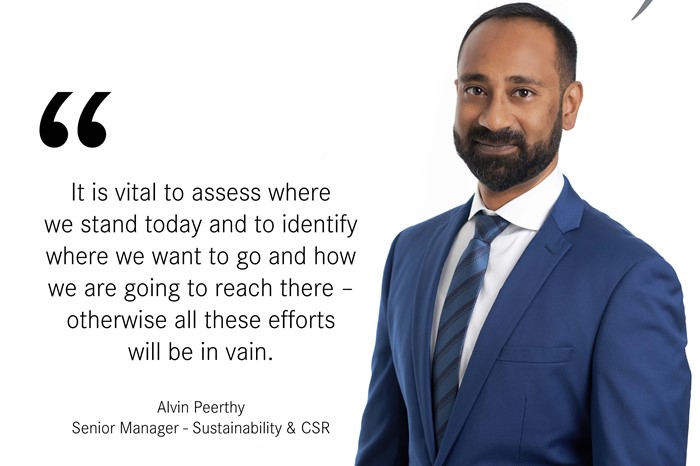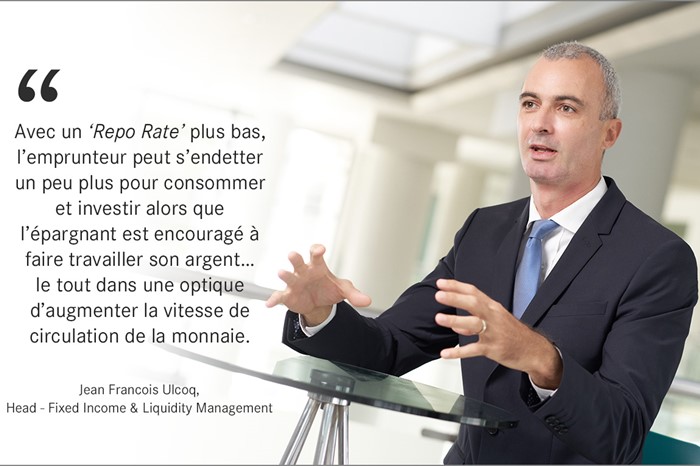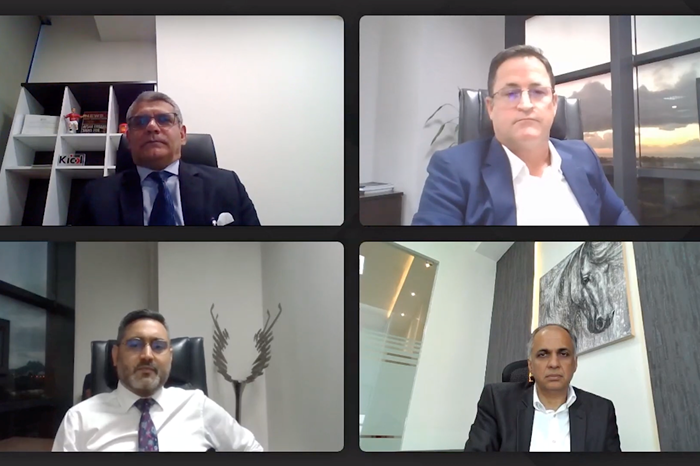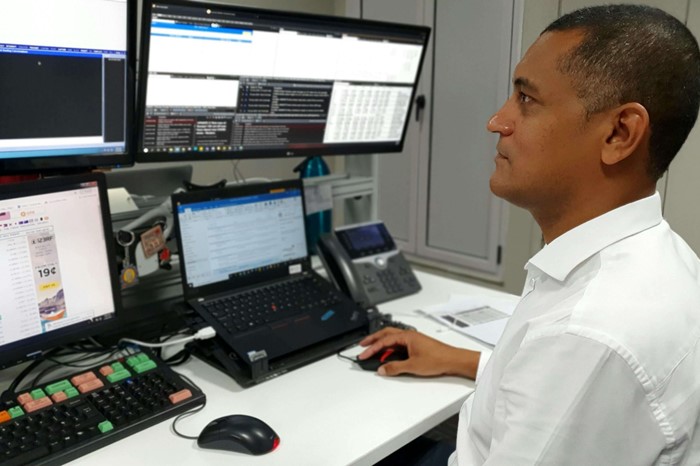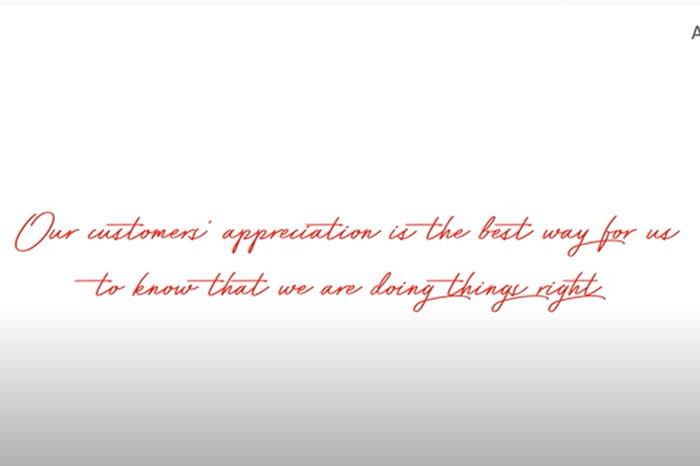
Across the globe, COVID-19 lockdown effects have been extremely damaging to businesses, with dramatic impacts on their operations and cash flows.
The Mauritius central bank, government and banking sector have all in their various capacities rolled out certain measures to support various segments of the economy. Realistically, however, these efforts alone are not enough to fully address the multiple challenges faced by many companies now and in the foreseeable future. Corporate boards, CEOs and their senior management teams will face tough decisions going forward if they are to ensure the survival of the companies they represent. In some cases, it may involve a complete reinvention on the old ways of working, with the development of new operating models, to adapt to the disruption and deal with a changed world.
There can be no one standard comprehensive approach for companies to take in order to address the challenges they face. Each situation has its own unique challenges which will require context-bound solutions. Keeping this in mind, there are a number of steps companies can take to help them develop a coordinated response to the impact of the crisis on their business:
Strengthening the cross-functional response team
The stakeholders involved in the crisis are the linchpin of a company’s response. Businesses should ensure that the key constituencies and their expertise in managing and recovering from this crisis are involved. The focus of the team should be broken down into distinct work streams:
- Preserve the health and safety of employees and customers, including employee management and wellbeing;
- Undertake financial stress-testing and contingency planning;
- Plan to adjust Operations and Supply chain monitoring;
- Strategise marketing and sales; and
- Identify and address any other key business issues.
Specific goals should be outlined for each of these work streams on frequent intervals. Minimum viable products should be established, with a calendar of events and milestones that constantly assess requirements in both the short, medium and long term.
Communication across all key stakeholders (board members, employees, suppliers and customers) regarding the progress made by the cross functional response team relevant to their area of concern is key.
Workforce
Beyond human welfare, there are other people challenges to tackle including how to support remote working at scale.
- Attend to immediate mobility concerns and review travel rules, HR policies, first-aid plans;
- Assess remote working strategy that minimizes disruptions and boost efficiency; and
- Address strains on the company’s existing information technology and communications infrastructure in order to support remote working during the crisis.
Finance and liquidity
Defining scenarios in a time of crisis can be difficult, but businesses are advised to try to identify key variables that will affect revenue and cost. These triggers can then be applied to established scenarios so that forecast cash flows, income statements and balance sheets can be modelled. When developing forecasts, it is necessary to establish in as far as possible a base case scenario then stress test the base case with other “what if” scenarios in order to understand the key pressure points if certain events occur.
Contingency plans can then be drafted for varying outcomes such as:
- A postponement on planned CAPEX investments. Whilst CAPEX investment is important, the current environment suggests preservation and investment in existing activities takes priority;
- Negotiating with suppliers to prioritize key products and discuss interim relief of payment terms;
- Reducing any unnecessary costs;
- Approach your banking partner for various forms of financial support. This could include a restructuring or deferment of existing debt obligations and the use of foreign exchange products; and
- Making use of the various government relief schemes.
Operations, supply chain and customers
The pandemic has uncovered globally the interdependence and vulnerability of traditional supply chains. What can businesses respond to the immediate change:
- Communicate deeply with your suppliers in order to assess the impact on their operations and their ability to supply. Explore alternative suppliers in need.
- Understand weaknesses in the supply chain and challenges related to delivery of product. Identify alternative supply chain scenarios — especially if new cases of the virus emerge in different territories;
- Prioritise allocations to key customers and pricing strategies. Businesses will need to make a concerted effort to keep customers engaged and reassured in the short term. Inventory planning, discounts and special offers will all help to incentivize current customers.
- For longer-term stability, companies should start assessing and targeting other market segments and identify opportunities for growth.
- Focus carefully on the working capital cycle which is crucial to the management of cash flow. This requires careful negotiation with debtors and credits on payment terms relative to the requirement of the business during the crisis. Prioritize the conversion of inventory or raw materials into finished goods against relative demand from customers.
Shareholder responsibilities
The equity holders of companies represented through their board or for smaller companies via other structures, will need to review their approach to supporting their business which falls in line with commitments made by other stakeholders be it employees, suppliers, banking partners or government. Banking partners who have important debt exposure to companies will expect to one extent or another shareholders to:
- refrain from making dividend payments or any other form of payments to shareholders;
- inject additional equity in line with the relevant risk taken by other financiers; and
- provide additional collateral.
Shareholders may have to consider alternative means of raising capital to support their immediate and future requirements. Some alternatives could be:
- with interest rates at an all-time low now is a good time to access the bonds markets (insofar as the overall capital structure and cash flows of the company permit).
- do a rights issue or offer preference shares to a new class of investors.
At AfrAsia, we are taking significant steps to help our existing clients navigate this dynamic environment and support their businesses. We are prudently extending credit to help meet short term working capital requirements during these difficult times. Alongside responsible banking practice, companies still need to demonstrate the long term trading ability of the organisation; otherwise the bank runs significant risk to future impairment and provisions. It is critical companies develop adaptive strategies to deal with the uncertainties of now and to develop a new vision for the future.




